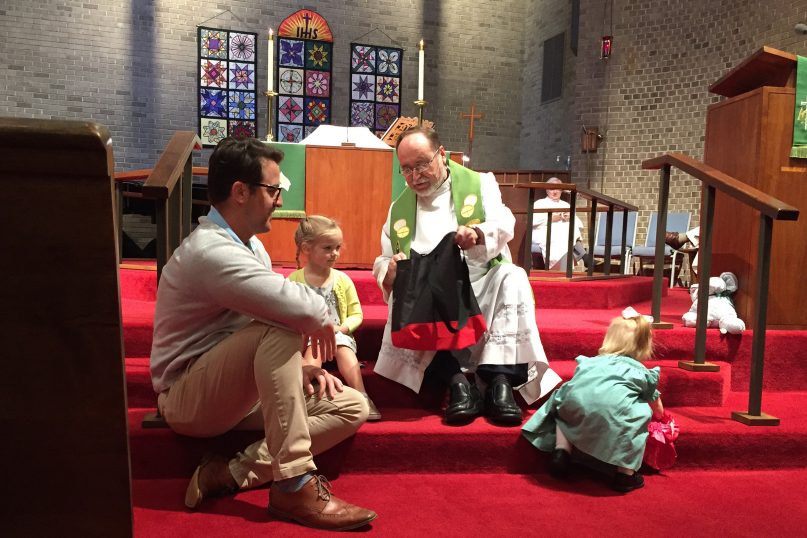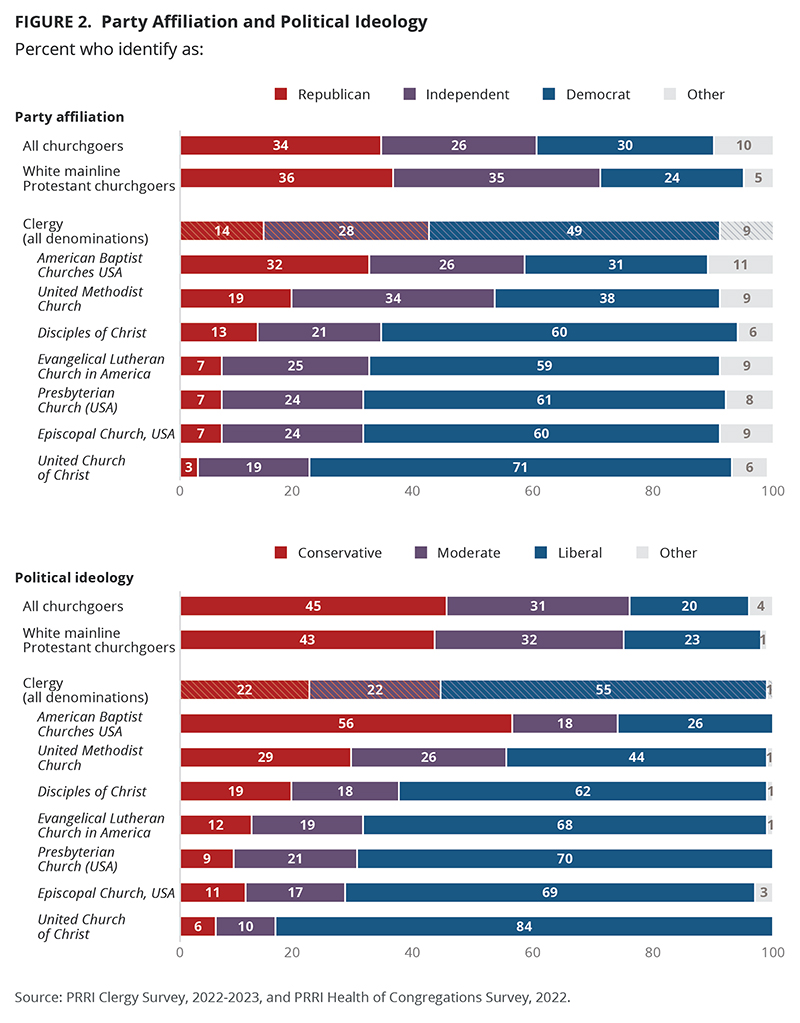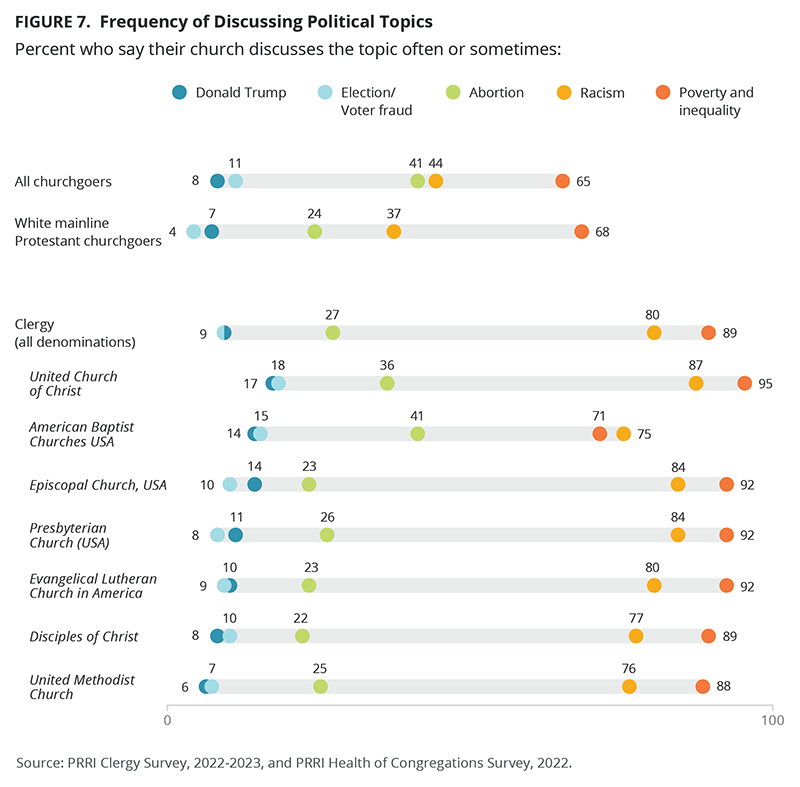A Batman researcher said 'gay' in a talk to schoolkids. When asked to censor himself, he quit

In this undated photo provided by Rebecca Hale, Marc Tyler Nobleman poses for a portrait. The author's clash with a Georgia school district over a mention of someone's homosexuality in a presentation highlights the reach of conservatives' push for what what they call parents' rights. Nobleman at first complied with a request not to mention that the son of Batman's co-creator was gay but then rebelled. He and LGBTQ+ advocates say the Forsyth County district in suburban Atlanta was wrong. The district says schools shouldn't engage in such discussions without parents knowing in advance. (Rebecca Hale via AP)
Published Wednesday, September 20, 2023 12:03PM EDT
ATLANTA (AP) — Marc Tyler Nobleman was supposed to talk to kids about the secret co-creator of Batman, with the aim of inspiring young students in suburban Atlanta's Forsyth County to research and write.
Then the school district told him he had to cut a key point from his presentation — that the artist he helped rescue from obscurity had a gay son. Rather than acquiesce, he canceled the last of his talks.
“We’re long past the point where we should be policing people talking about who they love,” Nobleman said in a telephone interview. “And that’s what I’m hoping will happen in this community.”
State laws restricting talk of sexual orientation and gender identity in schools have proliferated in recent years, but the clash with Nobleman shows schools may be limiting such discussions even in states like Georgia that haven’t officially banned them. Some proponents of broader laws giving parents more control over schools argue they extend to discussion of sex and gender even if the statutes don’t explicitly cover them.
Eleven states ban discussion of LGBTQ+ people in at least some public schools in what are often called “Don’t say gay” laws, according to the Movement Advancement Project, an LGBTQ+ rights think tank. Five additional states require parental consent for discussion, according to the project.
Legislation restricting LGBTQ+ rights gained steam this year, but suppression is not new. A school district in New Jersey, which requires curriculums to be LGBTQ-inclusive, tried to bar a valedictorian from discussing his queer identity during a graduation speech in 2021. That year, a federal judge ordered an Indiana district to give the same privileges to a gay-straight alliance as to other extracurricular groups. Two years later, Indiana passed a law banning discussion of LGBTQ+ people in grades K-3.
Schools nationwide have been challenged on books with LGBTQ+ themes or characters, and many have removed them, including Forsyth County, which has been a battleground in the politics of schooling.
LGBTQ+ advocates say Nobleman bumped up against a moral panic fomented by conservatives seeking to roll back acceptance.
“The idea that these folks are saying that they just don’t want to talk about it at all is very disingenuous,” said Cathryn Oakley, a lawyer for the Human Rights Campaign, a leading advocacy group. “What they mean is they don’t want views other than theirs to be expressed. And they believe that that means everyone should have to hear what they believe.”
Discussion of straight people with traditional gender identities is everywhere, she said, and if all discussion of sexuality is going to be banned, Oakley said, “then you certainly better not be teaching ‘Romeo and Juliet.’"
Nobleman, a self-described “superhero geek" who lives in the suburbs of Washington, D.C., is best known as the author of “Bill the Boy Wonder: The Secret Co-creator of Batman." It lays out the story of Bill Finger, the long-uncredited author who helped create Batman and other comic book characters.
Finger died in obscurity in 1974, with artist Bob Kane credited as Batman’s only creator. Finger’s only child was a son, Fred Finger, who was gay and died in 1992 at age 43 of AIDS complications. Bill Finger was presumed to have no living heirs, meaning there was no one to press DC Comics to acknowledge Finger's work.
But Nobleman discovered Fred Finger had a daughter, Athena Finger. That, he said, is a showcase moment of the presentation he estimates he has given 1,000 times at schools.
“It’s the biggest twist of the story, and it’s usually when I get the most gasps," Nobleman said. “It's just a totally record-scratch moment.”
Nobleman’s research helped push DC Comics into reaching a deal with Athena Finger in 2015 to acknowledge her grandfather and Kane as co-creators. That led to the documentary “Batman & Bill,” featuring Nobleman.
In Forsyth County, the author gave his first presentations at Sharon Elementary on Aug. 21. After Nobleman mentioned in his first talk that Fred Finger was gay, the principal handed him a note during his second talk that said, “Please only share the appropriate parts of the story for our elementary students.”
Forsyth County schools spokesperson Jennifer Caracciolo said that just mentioning Fred Finger was gay isn't the problem. But she said it led to questions from students, meaning Nobleman and students might discuss sexuality without parents being warned.
In the past three years, conservatives in the 54,000-student district have tried to tamp down diversity policies and sexually explicit books they view as immoral.
The district was sued by a conservative group called the Mama Bears after banning a member of that group from reading explicit book excerpts at meetings. A federal judge ruled the policy unconstitutional.
The district was also warned by the U.S. Department of Education after pulling some books from libraries, with federal officials saying the discourse may have created a hostile environment that violated federal laws against race and sex discrimination.
Nobleman’s discussion of sexual orientation has nothing to do with the state English language arts learning standards his presentation was supposed to bolster, Caracciolo said.
“We have a responsibility to parents and to guardians that they will know what students are learning in school,” Caracciolo said.
Nobleman said he was blindsided and agreed to drop the reference to Fred Finger's sexual orientation in remaining presentations that day, as well as in three at another school the next day. But by the morning of the third day, Nobleman started fielding questions from reporters after the principal at Sharon Elementary sent an electronic message to parents apologizing for the mention of Fred Finger's homosexuality.
“This is not subject matter that we were aware that he was including nor content that we have approved for our students," Principal Brian Nelson wrote. “I apologize that this took place. Action was taken to ensure that this was not included in Mr. Nobleman's subsequent speeches and further measures will be taken to prevent situations like this in the future.”
And so, on the third day he was presenting, after a discussion with district officials, Nobleman refused to give the last two of his scheduled presentations if required to omit Finger's sexual orientation.
Many parents have applauded Forsyth County's actions, Caracciolo said. Cindy Martin, chair of the Mama Bears, said Nobleman should be “ashamed of himself."
She argues that a 2022 Georgia law bans discussion of sexuality without parental consent for any minor because it gives parents “the right to direct the upbringing and the moral or religious training” of their children.
“No one has the right to talk to a child about sexuality unless it’s the parent, or the parent has given permission," Martin said. "Mr. Nobleman did not have permission. So he went against Georgia law.”
Matt Maguire, a Sharon Elementary parent who had a daughter who attended one of Nobleman's presentations, said he was disappointed by the message and felt the school district was being bullied by Martin and others into “reactionary” censorship.
The mere mention of the word “gay” didn't merit claims made online by critics that Nobleman was “ grooming or sexualizing children," he said, and it ignored that some Sharon Elementary students have gay parents.
“It didn't sit right with me. It made me feel like certain parts of our community were being kept as a dirty secret,” Maguire said. “I couldn't imagine coming from a family with gay members and reading that apology just for saying the word ‘gay.’”










